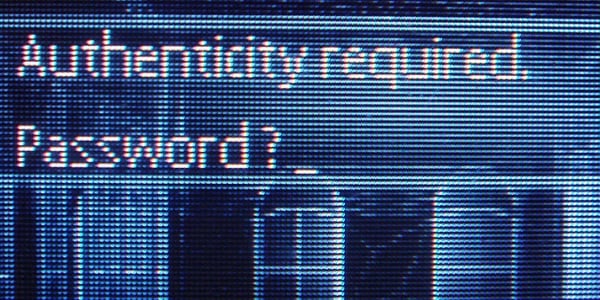Security Measures Aren’t 100% Effective, But That Doesn’t Mean You Shouldn’t Use Them
Posted on
by
Lysa Myers

Seatbelts prevent fatalities in less than 80% of crashes, regardless of the type of crash. Toothbrushing, exercising, and eating healthy are all imperfect protection for your health, as cancer or other debilitating diseases can strike without warning no matter how well you take care of yourself. Knowing that, are you going to stop doing any of these things? If you’re a rational, sensible person, the answer is no. You’ll continue to take reasonable measures to take care of yourself. The cost of toothbrushes and vegetables is, if nothing else, worth some peace of mind. And there are studies that show that they do in fact help lessen risks, even if they’re only moderately effective.
Passwords, security software, and user education don’t prevent 100% of computer security problems. There are some large holes in “typical use” of these things — no one will disagree with that. Should you stop using them? Every few months, there is some new article suggesting exactly that. The latest to join this trend is an article by Mat Honan discussing the inefficacy of passwords.
This much is true: if you’re only using easily guessable passwords and signature-based antivirus on a Windows machine, you’re likely to get hit with malware or have your accounts hacked sooner than later. But if you’re updating your software, using complex passwords, and implementing a security suite including anti-virus with behavioral scanning plus a firewall, your odds of being hit are much lower. At the very least, your protection is going to be way better than what most people are using, so you could be a less tempting target.
In Mat Honan’s case, it’s understandable that he would be sensitive and paranoid about security, particularly passwords, since his iCloud account was hacked back in August. The more you know about the tenuous structures that house so much of our digital lives, the more you’re going to have the pants scared off of you. But passwords are not the weakest link. No one technology or technique is. It’s the humans.
As human beings, we eat sugary junk food, sit around all day at work and at home, pick lousy passwords, don’t regularly update our software, and often fall victim to social engineering. Even the most fastidious of us forget sometimes or simply make poor choices. To err is human, as they say.
So this is why we suggest that people use multiple levels of protection. If you weigh health and protection into more of your decisions, you can build a better safety net. At the end of the day you may still get hacked, have a heart attack, or get a cavity, but you’re still improving your odds of a long, safe, and healthy life.
photo credits: Dev.Arka and Freddy The Boy via photopin cc